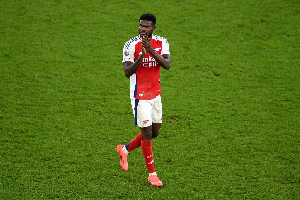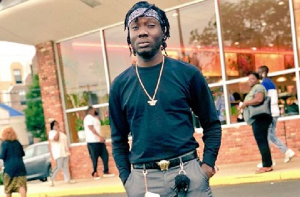“Unless we learn to know and [live with] ourselves, we run the danger of destroying ourselves.”
Indeed, diversity may seem to be the hardest thing for a society to live with, but it is, by all means, the most dangerous thing for a society to be without. This applies in most respects to our political culture as a country Ghana and how we can marry the diverse views, opinions and positions in order to still arrive at Ghana we all desire!
The world over, ideas about the legal and political accommodation of diversity in national life are very relevant and crucial for continued growth and development. I believe that no nation has been successful at fully embracing multiculturalism ideas so as to attain an all-inclusive and encompassing developmental agenda.
However, one thing is clear, for the pursuit of democracy to bear any fruit, new relations of democratic citizenship inspired and constrained by multiculturalism ideals must be forged and nurtured.
This means that for a country like Ghana to be able to have a developmental agenda that is focused, long-lasting and all-inclusive, there needs to be room for the celebration of political and ethnocultural diversity. And this must be at all times – engraved in the political and democratic foundations of the nation and its governance. Ghanaians, from the head downwards, must be encouraged to acknowledge and embrace the panoply of political views, customs, traditions and the like.
This makes a multicultural society! Ghanaians must embrace and promote a greater understanding of diversity. Multiculturalism functions best when relations between the State (the Government of the day) and others of opposing political views are seen as an issue of social policy rather than a negative political contest of “winner takes all.”
An uncritical celebration of diversity would have great benefit even to the detriment of grave societal problems like unemployment, social isolation, underdevelopment, poverty and the like.
A lot of developmental techniques have been tried several times over the nation’s history but have not proven to deliver the most outcome. The alternative, being embracing multiculturalism, would play a vital role in the eventual success of the nation’s long-awaited and desired development agenda. It would create more inclusive and equitable public institutions.
It would make the political process more inclusive. It would ensure that criticisms towards development are constructive rather than divisive. It would make development focused and attainable.
The trouble with entrenched positions is that as time keeps passing by, each side becomes “increasingly one-sided and single-minded and unable to grow or meaningfully change”.
And once this persists, “in the blindness of fear and the willfulness of abstract beliefs” what a nation can simply do is to “forget or reject the unseen yet essential unity that underlies all oppositions in life”.
The people of Ghana once united to establish for themselves a democratic system of governance underlying it certain high expectations of national development and success.
This “unity” cannot later divide us. Multiculturalism coupled with new ideas of civic integration must be embraced as a matter of urgency and consensus. By so doing, a sure and focused developmental agenda can be achieved, one beyond rhetoric but in reality!
God bless our homeland Ghana!
Opinions of Wednesday, 19 February 2020
Columnist: Reginald Nii Odoi



















